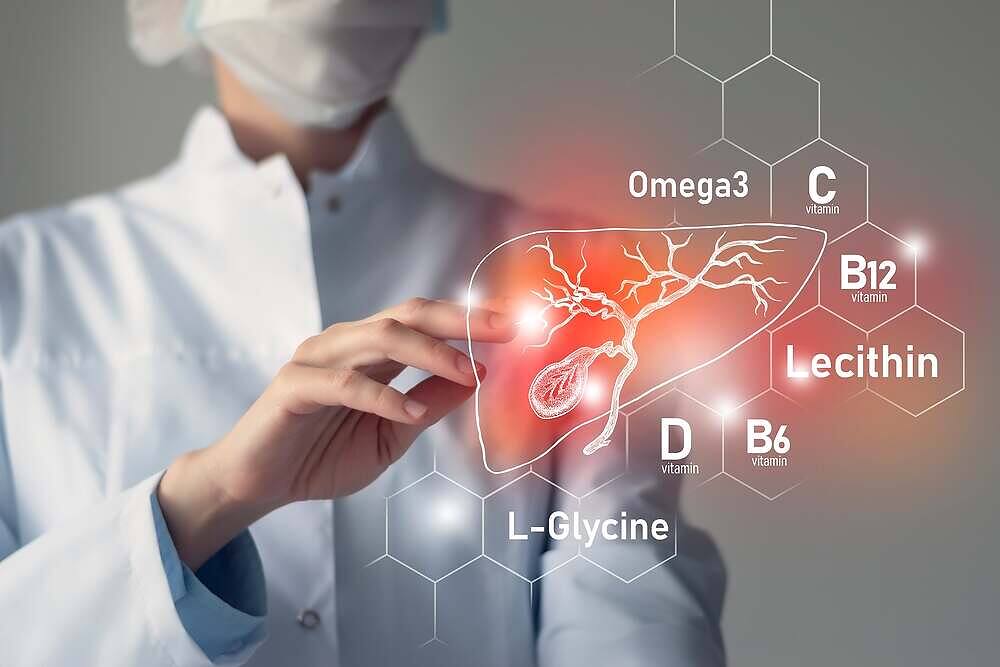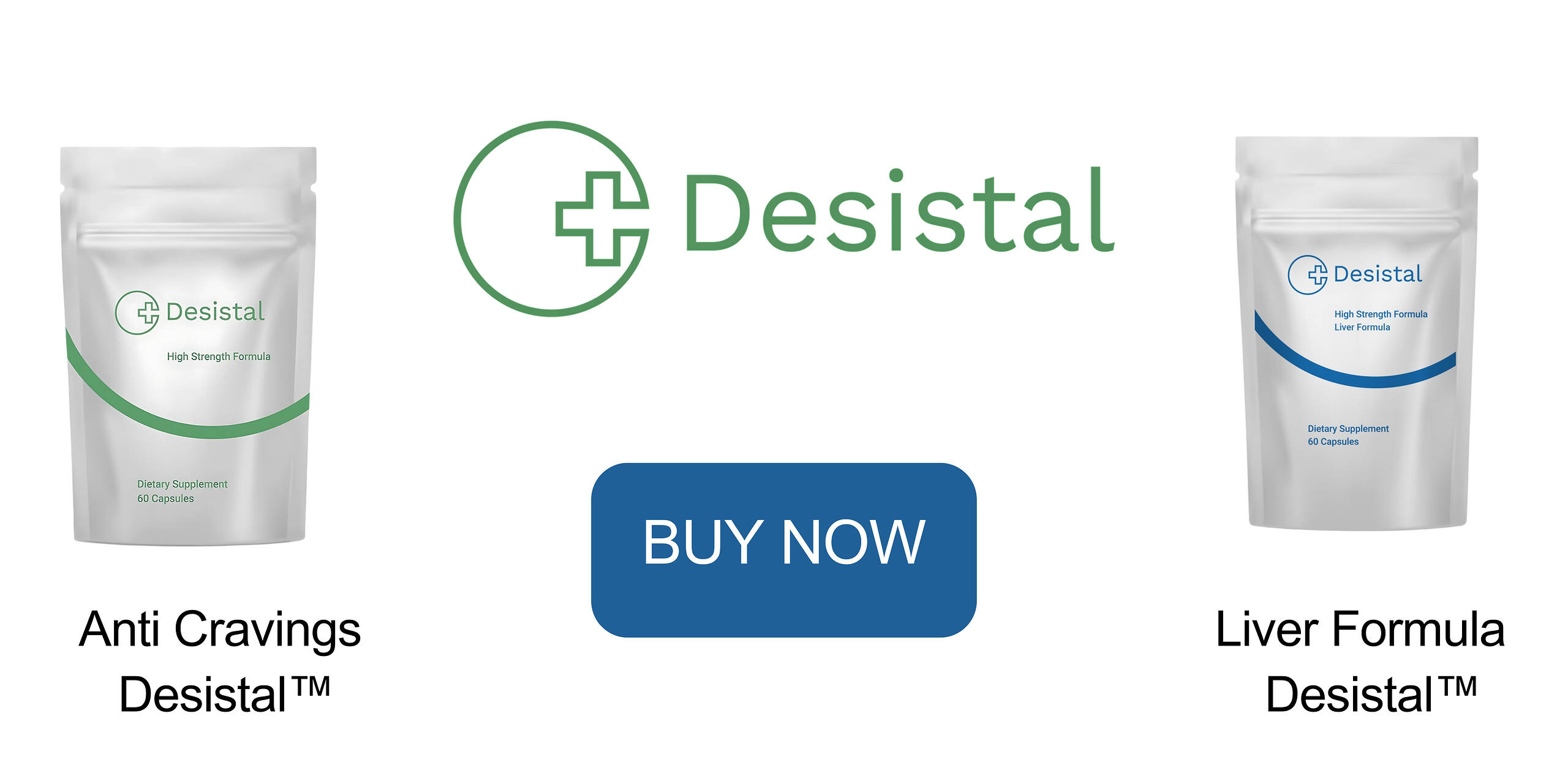
Drinking too much alcohol can lead to deficiencies in our liver, and which vitamins are best for liver repair can depend on your specific problem.
It may seem all too simple a treatment for liver problems, but what we put into our bodies dictates a large part of our health. What we put in can also run out if we use up our natural resources by drinking too much alcohol and not replenishing our stores.
The key to choosing the right vitamins to help your liver recover is finding exactly what symptoms and issues your liver has.
Do I Need Vitamins for My Liver?
By drinking alcohol moderately, your body should be able to process ethanol through your liver. However, long-term drinking or drinking alcohol daily can lead to your liver being overwhelmed and the death of liver cells.
A significant reason for these issues is inflammation. How can vitamins, taken orally or as an infusion, help liver problems, though?
NAD (Nicotinamide) is one of our bodies’ most important molecules. Our liver uses NAD to turn alcohol into acetaldehyde but depletes our reserves of this vital body coenzyme. Replenishing NAD can be done in various ways.
If it is only slightly depleted, you can take supplements or eat NAD-rich food such as fish or milk. Vitamin supplements will be more concentrated and easier to be sure you absorb enough without adding extra calories.
If your NAD levels are depleted, you may need NAD, glutathione, or a vitamin injection or IV infusion.

What are the Symptoms of Liver Problems?
The symptoms of liver problems depend on the source of the illness and your physiology. Here are some of the most common alcohol-related liver problems.
Alcoholic Fatty Liver Disease
The primary concern for those who drink too much alcohol is fatty liver disease, which can cause liver cirrhosis or scarring.
- Nausea
- Weight and Appetite Loss
- Jaundice (yellow/brown eyes or skin tone)
- Feeling sleepy or drowsy
- Feeling mentally confused
- Swollen abdomen & pain
- Weakness and lethargy
- Swelling in legs and ankles
Biliary Cirrhosis
Biliary cirrhosis isn’t caused by alcohol use but is suspected to be a congenital issue with bile ducts in your liver. It is, however, aggravated by drinking alcohol, which can worsen the symptoms and the progression of the illness. Biliary cirrhosis can be terminal, although there are medications to slow its progression.
- Itching skin, specifically hands
- Exhaustion
- Pain in bones and joins
- Abdominal pain and swelling
Alcoholic Hepatitis
Hepatitis is an inflammation of the liver and can damage and destroy the cells in your liver. People with alcoholic hepatitis must stop drinking and reduce the liver’s inflammation with a combination of diet and medical treatment. You should avoid vitamins such as Omega 6 and focus on NAD+ boosting supplements such as B vitamin infusions and Acetate.
- Swollen stomach localised near the liver
- Nausea and vomiting blood
- Jaundice (yellow) eyes or skin
- Severe weight loss
- Fatigue and lethargy
- Fever
What Part of the Body Itches with Liver Problems?
Some liver problems, particularly biliary cirrhosis, can cause severe itching in the palms and soles of the feet. You can also experience localised itching in areas such as one arm or leg.

The Best Liver Supplements for Alcoholics and Heavy Drinkers
Milk Thistle
A well-known supplement when it comes to maintaining liver health is milk thistle. This is because it contains Silymarin, a protective chemical which can prevent or manage liver damage from certain sources.
However, there are some caveats regarding using milk thistle to help support your liver. Firstly, it is preventative rather than a repair. You are recommended to take it before any damage occurs to stop liver problems before the start.
It does this by combatting free radicals, and it is generally viewed as preventative rather than restorative, like other treatments like NAD infusions and injections.
MCT Oil
One of the types of liver problems caused by consuming too much alcohol is fatty liver disease. This might seem more associated with weight gain, as fatty liver can be caused by consuming too many calories for the liver to break down.
Drinking too much can also lead to fatty liver not only because excessive alcohol causes weight gain but also because processing too much alcohol causes fats to build up there too.
MCT oil is a natural supplement which improves the liver by breaking down fats and processing them. Medium-chain triglyceride MCTs improve how your body metabolises fats into energy, improving organ health in general, including the liver.
MCT oil is naturally found in oils and milk from coconut or various milk products. It is most potent in powdered form, either loose in food or in a capsule.
Bacopa Monnieri
A well-known medicinal herb in many countries, Bacopa has been used historically for those suffering from mental health issues and symptoms such as dementia and insomnia. It is a common herbal medicine for those experiencing mental issues during alcohol withdrawal. However, there is evidence that it can help with physical problems too.
Studies have shown that bacopa monnieri protects against toxic chemicals in the liver and kidneys. This includes not only alcohol but also morphine-induced liver toxins. One of the reasons for this is that Bacopa reduces inflammation and helps to decrease high blood pressure.
Acetate
Well known for improving mood and sleep, ACV (Apple Cider Vinegar), along with many other vinegar products, has much wider health benefits. This includes reducing inflammation, one of the main issues caused by drinking too much alcohol.
Most people are aware that your liver breaks down and removes alcohol from your body. What could be better known is the exact process. The liver turns ethanol (alcohol) into acetaldehyde which can then be removed from the body.
However, this process isn’t without the cost of acetaldehyde and other toxic byproducts and causes liver inflammation. This inflammation worsens with excessive drinking and can cause scarring in the liver, otherwise known as cirrhosis.
Acetate, alongside other vitamins, can help restore your liver after inflammation by bringing it down and preventing scarring.
Turmeric
Turmeric is a fairly benign and pleasant meal addition, a common household staple. Some sources suggest that turmeric is anti-inflammatory in high doses, such as concentrated in capsules.
Although inflammation in the liver is a common reason for scarring and other damage, the benefits of turmeric aren’t clear. The opinion is divided, though, with some scientific studies indicating that turmeric could be dangerous for the liver, even toxic.
More research is being conducted, but for the moment, only low doses of turmeric are recommended for those with liver vulnerabilities.

Alcohol Detox Multi-Vitamins
If guessing what you need and taking a handful of tablets and doses doesn’t appeal to you, a few combined vitamins are available.
The most common on the UK market is Desistal which combines a dose of three of the main vitamins Acetate, Bacopa and MCT Oil to help with liver repair.
Some multi-ingredient vitamin capsules are available in America as well, but these are harder to access and tend to focus on craving management only. These focus more on recovering from continued drinking rather than detoxing with ingredients such as milk thistle and low-concentration thiamine. Examples include Declinol, a Kudzu root spray, and Life Extension’s Anti-alcohol tablets.
Omega 3
There have been several studies and trials which found omega 3 to be beneficial to the liver. In particular, it reduces liver fat aiding in liver health and helping to return the liver to normal functioning. However, this is only the case in non-alcoholic fatty liver.
NAD+ Therapy & B Vitamins
Oral vitamins might not be enough for those with a severe deficiency of NAD due to drinking too much. If you are experiencing vitamin B deficiency, an IV infusion or injection might be your only option.
NAD vitamin B infusions and injections quickly restore your body’s NAD levels and alleviate deficiency symptoms such as:
- Fatigue
- Gastric problems (vomiting, diarrhoea, indigestion)
- Confusion
- Forgetfulness
- Balance issues (staggering, falling, feeling dizzy)
- Low mood
- Insomnia
- Hallucinations
Thiamine is among the most common deficiencies in people who drink too much alcohol. Taking thiamine orally can slowly improve your symptoms as it is not well absorbed through the stomach. It can be replenished safely with a thiamine injection or IV infusion.
References
Silymarin as Supportive Treatment in Liver Diseases: A Narrative Review
Protective Effects of Medium-Chain Triglycerides on the Liver and Gut
LiverTox: Clinical and Research Information on Drug-Induced Liver Injury
Effect of Bacopa monniera on liver and kidney toxicity in chronic use of opioids



